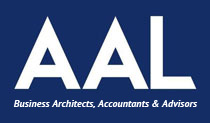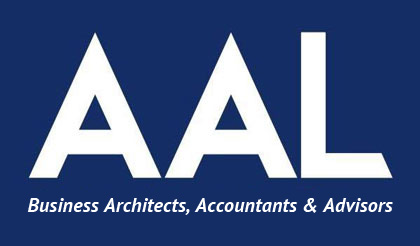Ensuring that your business complies with legislation is a full-time task. Changes to the UK national minimum wage will be introduced on April 1st 2020 and businesses need to be aware of the changes. In this article, Áine Kiely O’Donnell, Managing Director at AAL, looks at the changes.
On 1 April 2020, the National Minimum Wage and National Living Wage rates for all age bands and for apprentices will increase.
If you are an employer in the UK, you need to:
- Find out the new rates of pay.
- Ensure you are ready to make the necessary changes to your payroll arrangements.
Employers and the minimum wage
Employers must pay workers the correct minimum wage.
Employer checks
It’s a criminal offence for employers to not pay someone the National Minimum Wage or National Living Wage, or to fake payment records.
- Employers who discover they’ve paid a worker below the correct minimum wage must pay any arrears immediately.
- HM Revenue and Customs (HMRC) officers have the right to carry out checks at any time and ask to see payment records. They can also investigate employers if a worker complains to them.
- If HMRC finds that an employer has not been paying the correct rates, any arrears have to be paid back immediately. There will also be a fine and offenders might be named by the government.
- It’s the employer’s responsibility to keep records proving that they are paying the minimum wage – most employers use their payroll records as proof. All records have to be kept for 3 years.
Are you aware of what should be included in the minimum wage calculations?
What’s not included in minimum wage calculations;
Some payments must not be included when the minimum wage is calculated.
These are:
- payments that should not be included for the employer’s own use or benefit.
- things the worker bought for the job and is not refunded for.
- tips, service charges and cover charges.
- extra pay for working unsocial hours on a shift
What’s included in minimum wage calculations;
Some payments must be included when the minimum wage is calculated.
These are:
- Income Tax and National Insurance contributions
- wage advances or loans
- repayment of wage advances or loans
- repayment of overpaid wages
- things the worker paid for that are not needed for the job or paid for voluntarily
- accommodation provided by an employer above the offset rate
- penalty charges for a worker’s misconduct
If you are an employer in the UK, AAL can provide advice on the Minimum wage increases.
Call us on 00353 52 61 37775 today or complete the form below and we will get back to you straight away.




